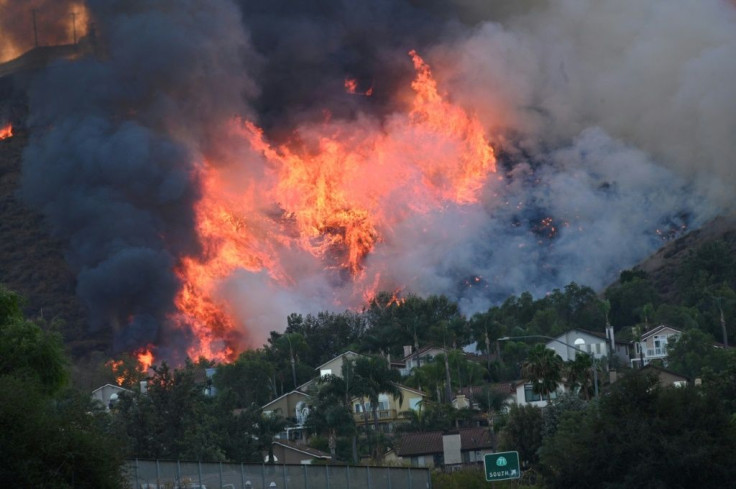US Heatwave 2021: Oregon Cities Break All-Time High Temperature Records
KEY POINTS
- Cities in Oregon broke various temperature records due to the heatwave that came Sunday
- Salem, Oregon's capital, reached an all-time high record of 112 degrees Fahrenheit or 44.4 Celsius
- Several cities opened cooling centers to offer residents refuge from the heat
Cities in Oregon reached new all-time high temperature records Sunday, causing occasions such as the Olympic qualifying events to be postponed.
Portland reached 110 degrees Fahrenheit (43.3 Celsius). The intense heatwave broke its record of 108 Fahrenheit (42.2 Celsius), which was set just a day earlier, AP News reported.
Salem, Oregon's capital, also broke its previous record by 4 degrees when it reached 112 degrees Fahrenheit (44.4 Celsius).
Meanwhile, in Eugene, Oregon, organizers had to postpone the U.S. track and field trials due to the extreme heat. Fans were also asked to evacuate the stadium, as the temperature reached about 110 Fahrenheit (43.3 Celsius). Its previous record was 108 Fahrenheit (42.2 Celsius).
Amid the heatwave, Portland and other cities experienced power outages. According to Portland General Electric, about 3,000 customers lost electricity in the greater Portland area. Puget Sound Energy, on the other hand, reported that about 3,400 customers were down in the greater Seattle area.
As record temperatures increased across the region, experts said that it's only about to get hotter by Monday. The U.S. National Weather Service (NWS) issued excessive heat warnings, noting that the heat could be "life-threatening."
NWS also warned that there will be "several more days of dangerous heat across the northwest corner of the country as well as parts of western Nevada and California."
Some cities opened cooling centers in order to combat the heat. Residents can take refuge from the sun in the air-conditioned centers spread across the state, as per the BBC. Seattle's light rail trains also began operating at reduced speeds to lessen the excessive heat on the tracks.
While it is difficult to attribute the soaring temperature to climate change, experts said that it does play a large part. Climate change is said to have the potential to increase the frequency of heatwaves.
As the temperature continues to rise, so will the number of deaths brought about by the extreme condition.
"Residents are urged to avoid extended periods of time outdoors, stay hydrated and check on vulnerable family members/neighbors," NWS said.

© Copyright IBTimes 2024. All rights reserved.





















